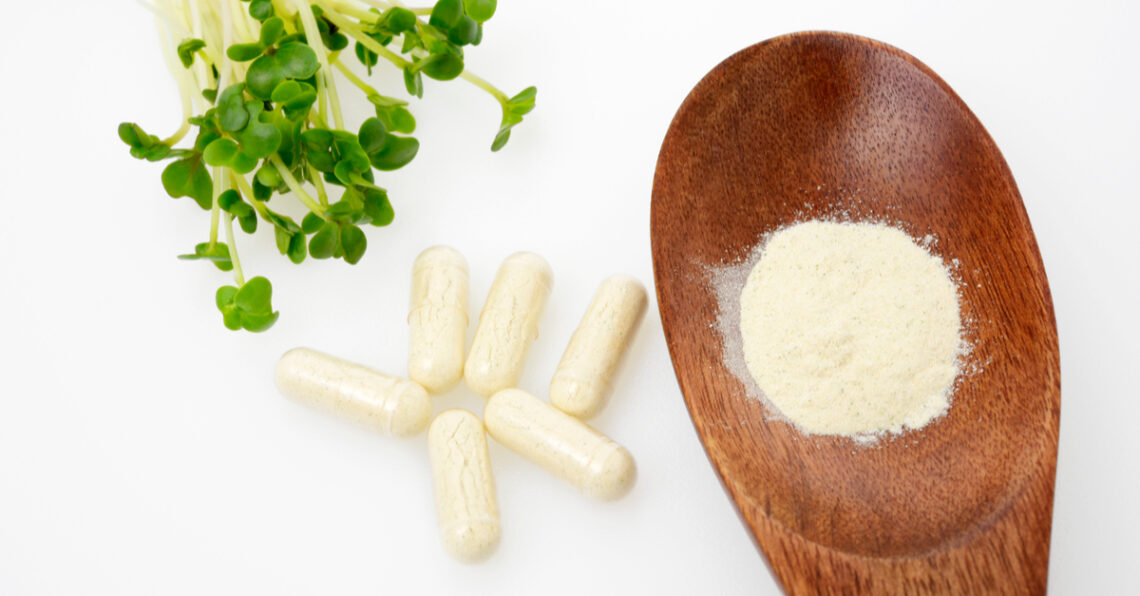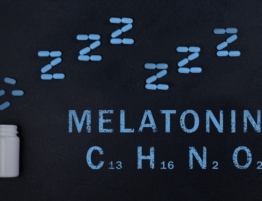
Sulforaphane is a natural compound (isothiocyanate) found in cruciferous vegetables, such as cabbage, broccoli and cauliflower. It has been found to have promising effects against cancer, as well as for cardiovascular disease, neurodegenerative diseases, and diabetes.
How does sulforaphane work on cancer?
Many studies have found that sulforaphane can be used in cancer prevention.
Sulforaphane can activate the antioxidant and anti-inflammatory responses. Sulforaphane protects healthy cells from carcinogens, which are substances that can cause cancer, by preventing them from binding to the DNA. As a result, preventing healthy cells to mutate into cancer cells.
Sulforaphane also activates apoptosis, a process of programmed cell death, in cancer cells and blocks the cancer cell cycle responsible for cancer cell growth and development. Consequently, preventing cancer cells from proliferating.
Furthermore, sulforaphane was also found to act synergistically with certain chemotherapy drugs.
Sulforaphane has been found to have anti-cancer properties against various types of cancer, including breast, prostate, colon, skin, lung, stomach and bladder cancer.
How is sulforaphane administered?
Sulforaphane can be taken orally as a supplement.
There are several studies on the anti-cancer effects of sulforaphane. Here are some examples below:
- This study explains the anti-cancer mechanism of sulforaphane.
- This article summarises the clinical studies on sulforaphane and cancer.
- Another study reviews the biochemical and biological properties of sulforaphane and the relation to its anti-cancer properties.
- The last study explores how sulforaphane works synergistically with chemotherapy drug to suppress ovarian cancer.






